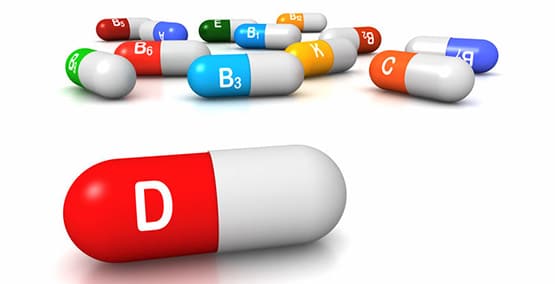
Supplements for breastfeeding mother
A healthy diet is essential for both breastfeeding moms and their babies. The average mother's diet can usually provide most of the nutrients in the breast milk her baby needs for growth and development – but not always. There can be nutrient shortfalls in breast milk when mom's diet is poor.
It's important that a mother eat a balanced diet and takes supplements to make sure that her diet contains all of the nutrients needed for mom and the baby.
Breast milk contains most of the protein, fat, carbohydrates, calcium, iron, vitamins, and minerals a baby needs to grow.
The nutrients to emphasize during breastfeeding include protein, calcium, iron, DHA, vitamin D, choline and in some cases, B12. Generally, there's not enough Vitamin D in moms diet which is why a breastfed baby needs to take vitamin D drops. If a mother isn't eating enough fish, it is wise to supplement the baby with DHA for brain growth Choline is essential for brain growth too.
Foods to eat during breastfeeding to prevent deficiencies:
- Protein: fish, beans, lean meats, eggs, whole grains
- Calcium: dairy products or non-dairy alternatives (almond, soy, oat milks), fortified cereals, tofu, calcium fortified orange juice
- Iron: dark meats, organ meats, green vegetables, beans, fortified cereals, supplements
- DHA: fatty fish, fish oil, hemp seeds, walnuts, flaxseeds, supplements
- Vitamin D: fortified dairy/ dairy alternative products, fortified cereals, fortified orange juice, supplements
- B12: meat, eggs, dairy, fortified vegetarian foods, fortified cereal, fortified nutritional yeast supplements
- Choline: eggs, meat, chicken, fish, potatoes, mushrooms
Supplement to be Safe
While a well-balanced diet will meet the needs of both the mother and her child, it takes careful planning and commitment to accomplish. If that isn't always the case, you should continue taking your prenatal multivitamin with adequate iron to protect both you and your baby.
Additionally, a DHA supplement of 200 milligrams per day is recommended for mothers who don't eat three servings of fish per week.
A choline supplement is also recommended to help mom get 550 mg/day.
Likewise, breast milk may not transmit enough of the mother's Vitamin D, so babies need to be given vitamin D drops while nursing.
Lastly, vitamin B12 should be supplemented for especially if a mother follows a vegetarian or vegan diet.

Bottom Line: Breastfeeding can cause nutrient deficiencies in moms who are not on a balanced diet or supplementing. Nutrients to emphasize for mothers and infants during breastfeeding include protein, calcium, iron, DHA, vitamin D, choline, and in some cases, B12.
*Annual Rev Nutrition 2011; 31:89-115.




